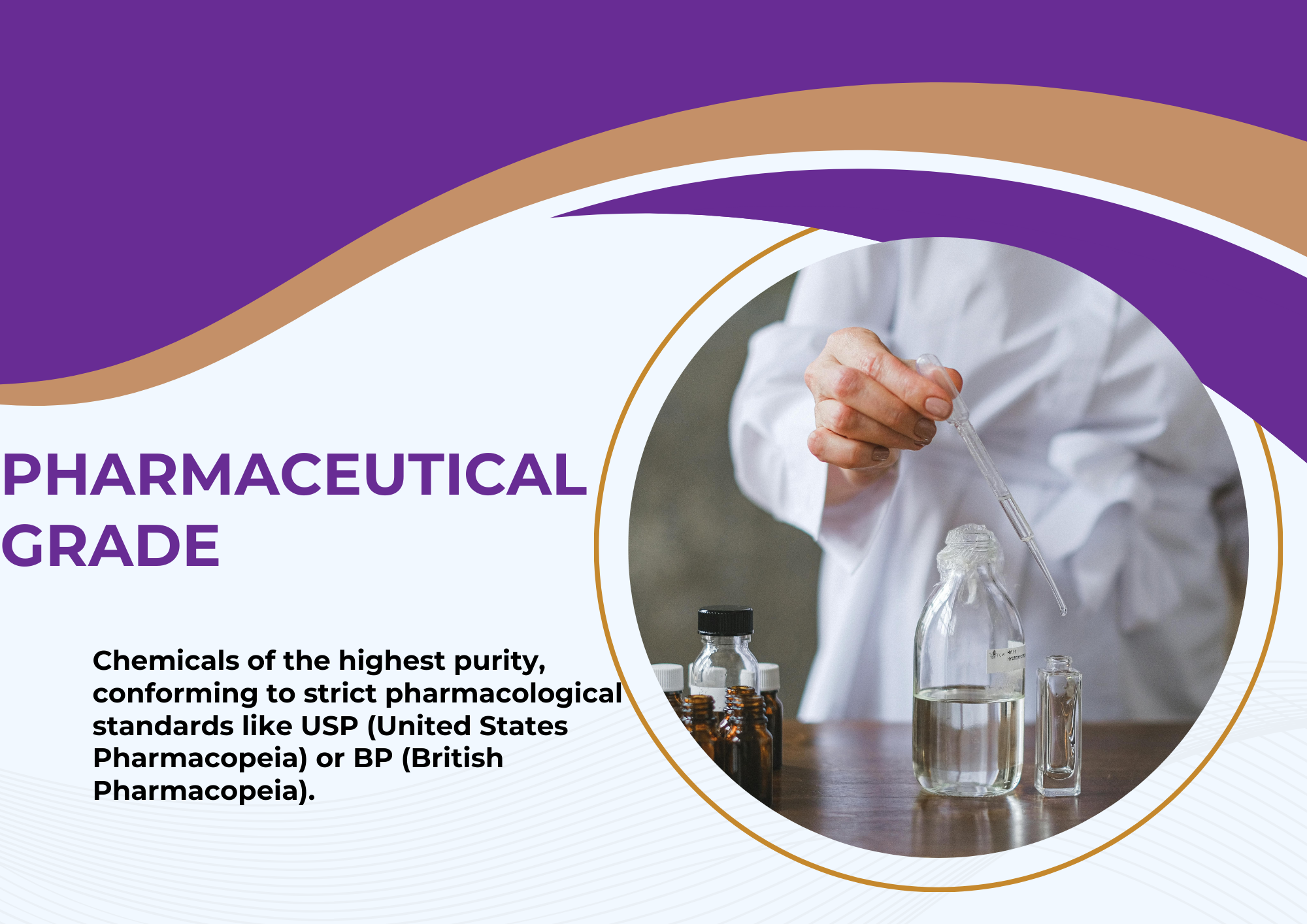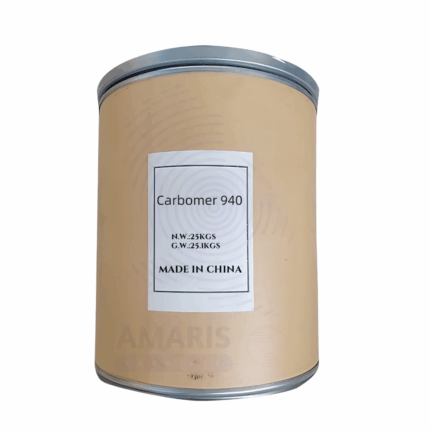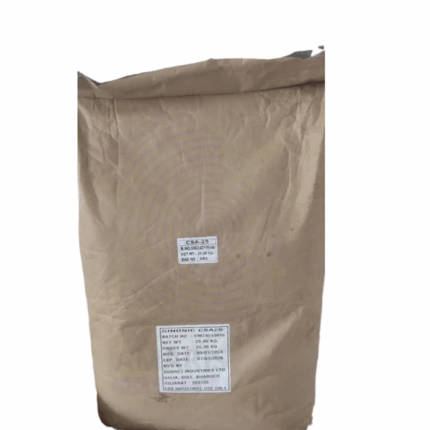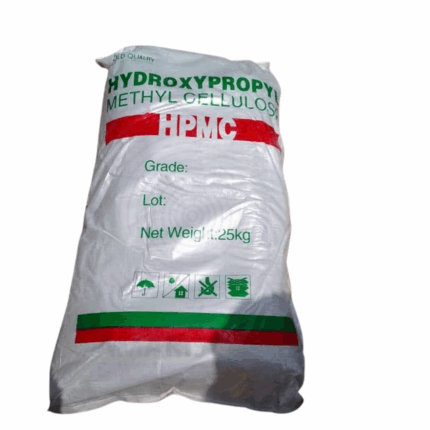“Fully Refined Paraffin Wax” has been added to your cart. View cart
Back to products
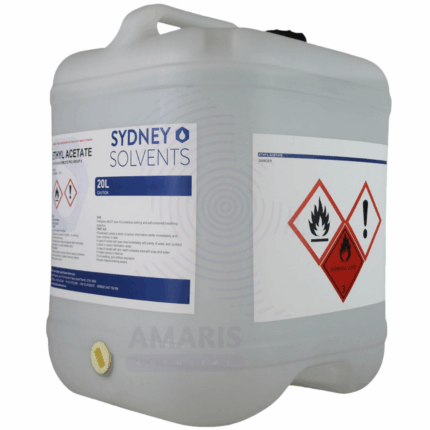

Ethyl Acetate
$ 4.00 Original price was: $ 4.00.$ 3.29Current price is: $ 3.29.
Avocado Wax
Whatsapp Order
Product Description
Avocado wax is a natural plant-derived wax extracted primarily from the pulp and seed of the avocado fruit (Persea americana). It appears as a hard, yellowish wax with excellent emollient, film-forming, and moisturizing properties. Valued for its biodegradability, compatibility with various formulations, and sustainability, avocado wax is widely used as a natural alternative to synthetic waxes in cosmetics, pharmaceuticals, food, and industrial applications.
Description
Table of Contents
Toggle
Avocado Wax
Primary Uses
Cosmetics & Personal Care
- Acts as an emollient, thickening agent, and stabilizer in lip balms, lipsticks, creams, lotions, and hair care products.
- Forms a smooth, protective film on the skin, enhancing hydration, softness, and skin barrier function.
- Serves as a natural, vegan, and organic alternative to synthetic waxes in formulations.
Pharmaceuticals
- Used in topical ointments and creams to improve texture, consistency, and spreadability.
- Functions as a base component in medicinal balms and salves.
Food Industry
- Functions as a glazing and protective coating agent on fruits, confectionery, and other food products to extend shelf life by reducing moisture loss.
- Used in edible films and coatings to maintain freshness and appearance during storage and transport.
Secondary Uses
Industrial Applications
- Incorporated in polishes, lubricants, and water-resistant coatings for its film-forming and protective properties.
- Used in candle making as a natural wax component, providing hardness and a slow burn rate.
Textile & Paper Industry
- Utilized in finishing agents to impart softness, water repellency, and enhanced texture to fabrics and paper products.
PRODUCT KEY FEATURES
1. Basic Identification Attributes
- Chemical Name (IUPAC): Complex mixture of long-chain fatty alcohols and acids (primarily C16–C18 esters)
- Common/Trade Name: Avocado Wax
- CAS Number: Not assigned (natural product)
- HS Code: 1521.90 (natural waxes)
- Molecular Formula: Variable (complex mixture)
- Synonyms: Persea americana wax, avocado fruit wax
2. Physical & Chemical Properties
- Physical State: Solid wax
- Color & Odor: Yellowish with a mild characteristic odor
- Melting Point: 50–60°C
- Boiling Point: Not applicable (decomposes before boiling)
- Density: Approximately 0.9 g/cm³
- Solubility: Insoluble in water; soluble in organic solvents such as ethanol and chloroform
- pH Level: Neutral (typically not applicable)
3. Safety & Hazard Attributes
- Hazard Class (GHS): Generally recognized as safe (GRAS)
- NFPA Ratings: Health 0, Flammability 1, Reactivity 0
- Exposure Limits: No established occupational exposure limits; considered low toxicity
- Reactivity: Stable under normal conditions
4. Storage & Handling Attributes
- Storage Conditions: Store in a cool, dry place, away from direct sunlight and heat sources
- Container Type: Sealed plastic or metal containers to prevent contamination
- Shelf Life: Typically 2–3 years under proper storage conditions
- Special Handling: Avoid moisture and excessive heat to maintain quality
5. Regulatory & Compliance Attributes
- FDA (USA): Approved for use in food contact and cosmetics
- EFSA (EU): Recognized as safe for food and cosmetic applications
- Hazard Symbols (GHS): None
- Transportation Restrictions: Not classified as hazardous
6. Environmental & Health Impact
- Ecotoxicity: Low environmental impact; biodegradable
- Persistence: Biodegradable in natural environments
- Carcinogenicity/Mutagenicity: Not classified as carcinogenic or mutagenic
- Biodegradability: Readily biodegradable
SAFETY HANDLING PRECAUTIONS
-
Safety Handling Precautions
- Use gloves and safety goggles to avoid skin and eye irritation.
- Store away from ignition sources as the wax is combustible but with low flammability risk.
- Handle in well-ventilated areas to minimize inhalation of dust or fumes during processing.
- Wash hands thoroughly after handling.
First Aid Measures
- Inhalation: Move to fresh air if respiratory irritation occurs; seek medical attention if symptoms persist.
- Skin Contact: Wash with soap and water; seek medical advice if irritation develops.
- Eye Contact: Rinse eyes thoroughly with water for at least 15 minutes; seek medical help if irritation continues.
- Ingestion: Rinse mouth with water; seek medical advice if large quantities are ingested.
Firefighting Measures
- Fire Hazards: Combustible; may burn producing smoke and toxic fumes.
- Extinguishing Media: Use foam, dry chemical powder, or carbon dioxide (CO₂) extinguishers. Avoid water jets which may spread fire.
- Special Precautions: Firefighters should wear full protective gear and self-contained breathing apparatus (SCBA).
Related products
Candelilla Wax
Candelilla Wax is a natural vegetable wax derived from the leaves of the Euphorbia cerifera shrub, native to northern Mexico and the southwestern United States. It appears as a hard, brittle, light yellow to brown wax with a mild, characteristic odor. This wax is valued for its high melting point, gloss-enhancing properties, and excellent binding capabilities. It is widely used in cosmetics, pharmaceuticals, food, and industrial applications as a vegan alternative to beeswax. Its film-forming, emollient, and stabilizing attributes make it a multifunctional ingredient across several industries.
Carbomer
Carbomer is a high molecular weight, crosslinked polyacrylic acid polymer used primarily as a rheology modifier, thickening agent, and suspension stabilizer. Supplied as a fluffy white powder, it exhibits high viscosity and excellent clarity when neutralized and dispersed in water or alcohol-water systems. Carbomer 940 is widely valued for its ability to form clear gels, control flow properties, and stabilize emulsions. It is commonly used in cosmetics, personal care, pharmaceuticals, and household formulations due to its consistency, compatibility, and efficient thickening performance at low concentrations.
Ceteareth 25 Ginonic CSA 25
Ceteareth 25 Ginonic CSA 25 is a nonionic surfactant and emulsifier derived from the ethoxylation of cetearyl alcohol, incorporating approximately 20 ethylene oxide units per molecule. It appears as a white to off-white waxy solid or viscous liquid, depending on temperature and formulation. This emulsifier is widely used in cosmetic, pharmaceutical, and industrial formulations for its excellent ability to stabilize oil-in-water emulsions, improve texture, and enhance the sensory properties of finished products. Its high hydrophilic-lipophilic balance (HLB) makes it especially effective in forming stable emulsions and solubilizing lipophilic ingredients in aqueous phases. Ceteareth 20 is valued for its mildness, broad compatibility, and multifunctional performance.
Cetyl Stearyl Alcohol (CSA)
Cetyl Stearyl Alcohol (CSA), also known as Cetearyl Alcohol, is a blended fatty alcohol consisting primarily of cetyl (C16) and stearyl (C18) alcohols. It appears as white to pale yellow waxy flakes or pellets with a mild fatty odor. CSA is widely used in cosmetics, pharmaceuticals, and personal care products as an emollient, thickener, and co-emulsifier. It enhances texture, improves stability, and provides a smooth, velvety skin feel in formulations. Being a non-ionic surfactant, it also aids in stabilizing oil-in-water emulsions and is favored for its gentle nature on the skin and hair.
Fish Collagen
Fish Collagen is a natural protein derived from the skin, scales, and bones of various fish species through enzymatic hydrolysis or acid extraction. It is predominantly Type I collagen, known for its excellent bioavailability and biocompatibility. Fish Collagen typically appears as a fine white to off-white powder with low odor and high solubility in water and acidic solutions. It is widely prized in cosmetics, nutraceuticals, pharmaceuticals, and food industries due to its superior absorption compared to mammalian collagen, making it highly effective in skin, joint, and bone health applications. Fish Collagen supports the body’s extracellular matrix, promoting skin elasticity, hydration, and tissue repair.
Hycryl
Hycryl is a specialized acrylic copolymer resin designed primarily for industrial and cosmetic applications. It appears as a white to off-white powder or granules with excellent film-forming, adhesive, and thickening properties. Known for its compatibility with a wide range of solvents and plasticizers, Hycryl 77 provides excellent clarity, flexibility, and durability in coatings, adhesives, and personal care formulations. Its balanced molecular weight and functional groups enable it to deliver strong binding and aesthetic properties in both aqueous and solvent-based systems.
Hydroxypropyl Methylcellulose HPMC
Hydroxypropyl Methylcellulose HPMC, also known as hypromellose, is a semi-synthetic, non-ionic cellulose ether derived by chemically modifying cellulose through methylation and hydroxypropylation. It is a white to off-white, odorless, tasteless powder that dissolves in cold water to form clear, viscous solutions. HPMC is renowned for its thickening, film-forming, emulsifying, and controlled-release properties. It is widely used in pharmaceuticals, food, cosmetics, construction, and industrial applications due to its safety profile, versatility, and compatibility with various ingredients.
Inosoft Softener Flakes
Inosoft Softener Flakes is a solid, flaked fabric softener designed for use in textile finishing processes. These flakes are typically composed of cationic softening agents derived from quaternary ammonium compounds or fatty amine derivatives, formulated to impart softness, smoothness, and antistatic properties to fabrics. The flaked form allows for easy storage, handling, and controlled dosing in industrial textile softening applications. Inosoft flakes dissolve readily in water during processing to provide uniform softening and enhanced fabric feel.


 Preservatives(food)
Preservatives(food) Flavor Enhancers
Flavor Enhancers Acidulants
Acidulants Sweeteners
Sweeteners Antioxidants
Antioxidants Colorants(food)
Colorants(food) Nutraceutical Ingredients (food)
Nutraceutical Ingredients (food) Nutrient Supplements
Nutrient Supplements Emulsifiers
Emulsifiers
 Collectors
Collectors Dust Suppressants
Dust Suppressants Explosives and Blasting Agents
Explosives and Blasting Agents Flocculants and Coagulants
Flocculants and Coagulants Frothers
Frothers Leaching Agents
Leaching Agents pH Modifiers
pH Modifiers Precious Metal Extraction Agents
Precious Metal Extraction Agents
 Antioxidants(plastic)
Antioxidants(plastic) Colorants (Pigments, Dyes)
Colorants (Pigments, Dyes) Fillers and Reinforcements
Fillers and Reinforcements Flame Retardants
Flame Retardants Monomers
Monomers Plasticizers
Plasticizers Polymerization Initiators
Polymerization Initiators Stabilizers (UV, Heat)
Stabilizers (UV, Heat)
 Antifoaming Agents
Antifoaming Agents Chelating Agents
Chelating Agents Coagulants and Flocculants
Coagulants and Flocculants Corrosion Inhibitors
Corrosion Inhibitors Disinfectants and Biocides
Disinfectants and Biocides Oxidizing Agents
Oxidizing Agents pH Adjusters
pH Adjusters Scale Inhibitors( water)
Scale Inhibitors( water)
 Antioxidants(cosmetic)
Antioxidants(cosmetic) Emollients
Emollients Fragrances and Essential Oils
Fragrances and Essential Oils Humectants
Humectants Preservatives
Preservatives Surfactants(cosmetic)
Surfactants(cosmetic) Thickeners
Thickeners UV Filters
UV Filters
 Fertilizers
Fertilizers Soil Conditioners
Soil Conditioners Plant Growth Regulators
Plant Growth Regulators Animal Feed Additives
Animal Feed Additives Biostimulants
Biostimulants Pesticides (Herbicides, Insecticides, Fungicides)
Pesticides (Herbicides, Insecticides, Fungicides)
 Active Pharmaceutical Ingredients (APIs)
Active Pharmaceutical Ingredients (APIs) Excipients
Excipients Solvents(pharmaceutical)
Solvents(pharmaceutical) Antibiotics
Antibiotics Antiseptics and Disinfectants
Antiseptics and Disinfectants Vaccine Adjuvants
Vaccine Adjuvants Nutraceutical Ingredients (pharmaceutical)
Nutraceutical Ingredients (pharmaceutical) Analgesics & Antipyretics
Analgesics & Antipyretics
 Analytical Reagents
Analytical Reagents Solvents(lab)
Solvents(lab) Chromatography Chemicals
Chromatography Chemicals Spectroscopy Reagents
Spectroscopy Reagents microbiology-and-cell-culture-reagents
microbiology-and-cell-culture-reagents Molecular Biology Reagents
Molecular Biology Reagents Biochemical Reagents
Biochemical Reagents Inorganic and Organic Standards
Inorganic and Organic Standards Laboratory Safety Chemicals
Laboratory Safety Chemicals Specialty Laboratory Chemicals(Special Laboratory Equipment)
Specialty Laboratory Chemicals(Special Laboratory Equipment)
 Demulsifiers
Demulsifiers Hydraulic Fracturing Fluids
Hydraulic Fracturing Fluids Scale Inhibitors(oil)
Scale Inhibitors(oil) Surfactants(oil)
Surfactants(oil) Drilling Fluids
Drilling Fluids
 Dyes and Pigments
Dyes and Pigments Bleaching Agents
Bleaching Agents Softening Agents
Softening Agents Finishing Agents
Finishing Agents Antistatic Agents
Antistatic Agents
 Admixtures
Admixtures Waterproofing Agents
Waterproofing Agents Sealants and Adhesives
Sealants and Adhesives Curing Compounds
Curing Compounds Concrete Repair Chemicals
Concrete Repair Chemicals Anti-Corrosion Coatings
Anti-Corrosion Coatings
 Surfactants(cleaning)
Surfactants(cleaning) Builders
Builders Enzymes
Enzymes Solvents (Cleaning)
Solvents (Cleaning) Fragrances
Fragrances
 Electronic Chemicals
Electronic Chemicals Catalysts
Catalysts Lubricants
Lubricants Photographic Chemicals
Photographic Chemicals Refrigerants
Refrigerants Automotive chemicals
Automotive chemicals Pyrotechnic Chemicals
Pyrotechnic Chemicals
 Biodegradable Surfactants
Biodegradable Surfactants Bio-based Solvents
Bio-based Solvents Renewable Polymers
Renewable Polymers Carbon Capture Chemicals
Carbon Capture Chemicals Wastewater Treatment Chemicals
Wastewater Treatment Chemicals
 Pigments
Pigments Solvents(paint)
Solvents(paint) Specialty Coatings
Specialty Coatings Binders/Resins
Binders/Resins Additives
Additives Driers
Driers Anti-Corrosion Agents
Anti-Corrosion Agents Functional Coatings
Functional Coatings Application-Specific Coatings
Application-Specific Coatings
 Fresh Herbs
Fresh Herbs Ground Spices
Ground Spices Whole Spices
Whole Spices Spice Blends
Spice Blends Dried Herbs
Dried Herbs
 Leavening Agents
Leavening Agents Dough Conditioners
Dough Conditioners Flour Treatments
Flour Treatments Fat Replacers
Fat Replacers Decoratives
Decoratives Preservatives(baking)
Preservatives(baking)
 Plasticizers & Softeners
Plasticizers & Softeners Reinforcing Agents
Reinforcing Agents Adhesion Promoters
Adhesion Promoters Vulcanizing Agents
Vulcanizing Agents Antidegradants
Antidegradants Blowing Agents
Blowing Agents Fillers & Extenders
Fillers & Extenders Accelerators & Retarders
Accelerators & Retarders



